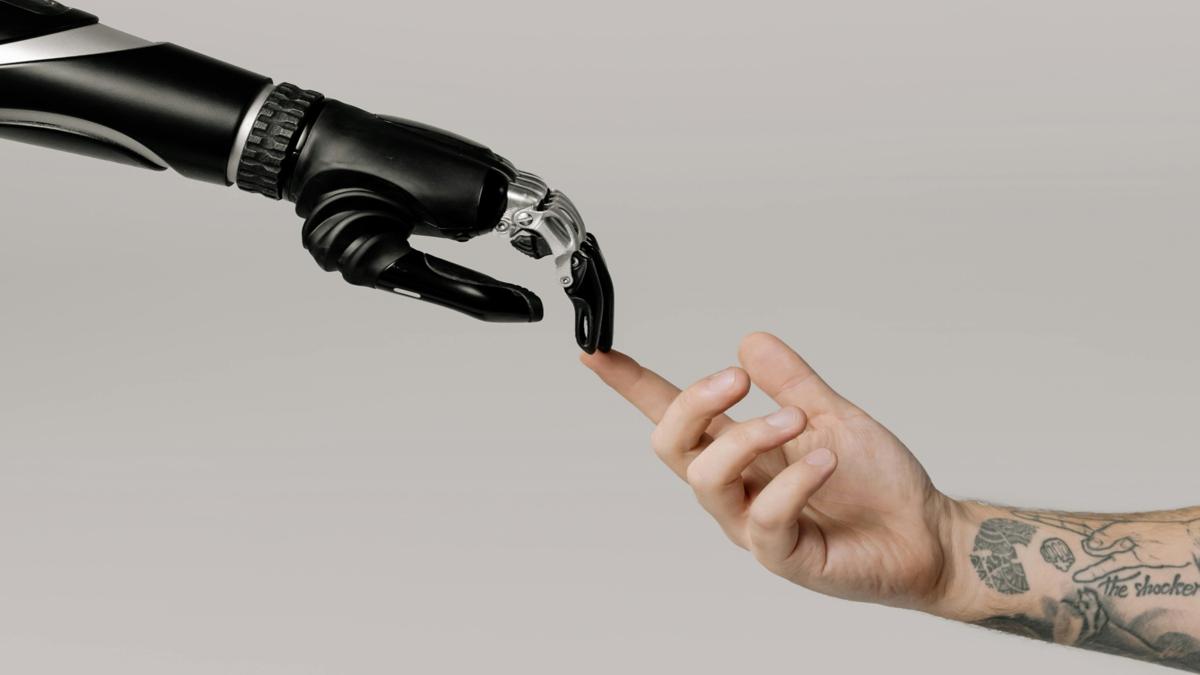Artificial Intelligence (AI) is no longer a futuristic concept it’s a part of our daily lives. From voice assistants to personalized recommendations and self-driving cars, AI is changing how we live, work, and connect with the world.
🔍 What Is AI?
Artificial Intelligence refers to machines or software that can perform tasks that usually require human intelligence. These include learning, reasoning, problem-solving, understanding language, and even creating original content like images, videos, or music.
In 2025, AI is more advanced than ever. New systems can:
- Write human-like text
- Generate realistic images and videos
- Translate languages instantly
- Detect diseases in medical scans
- Predict financial trends
- Support education through tutoring tools
🌐 Where AI Is Being Used Today
AI is used in almost every industry:
- Healthcare: Helping doctors diagnose illnesses faster and more accurately
- Education: Personalized learning systems adapt to each student’s pace
- Business: Automating customer service, analyzing data, and improving decision-making
- Transportation: Assisting in route optimization and powering autonomous vehicles
- Entertainment: Generating music, art, video scripts, and more
⚖️ The Benefits and Challenges
AI brings incredible opportunities:
- Saves time and increases efficiency
- Helps solve complex problems (like climate change modeling)
- Opens up new industries and jobs
But it also comes with challenges:
- Job disruption in some sectors
- Privacy concerns around data usage
- Bias in algorithms if not trained fairly
Governments and tech companies are working to create responsible guidelines for safe and ethical use of AI.
🔮 The Future of AI
In the coming years, AI will likely become even more integrated into our lives. We may see:
- Smarter virtual assistants that understand emotions
- AI helping governments design better public services
- Tools that help us be more creative, not just more efficient
The future of AI depends on how we choose to use it as a tool for progress, inclusion, and innovation.







